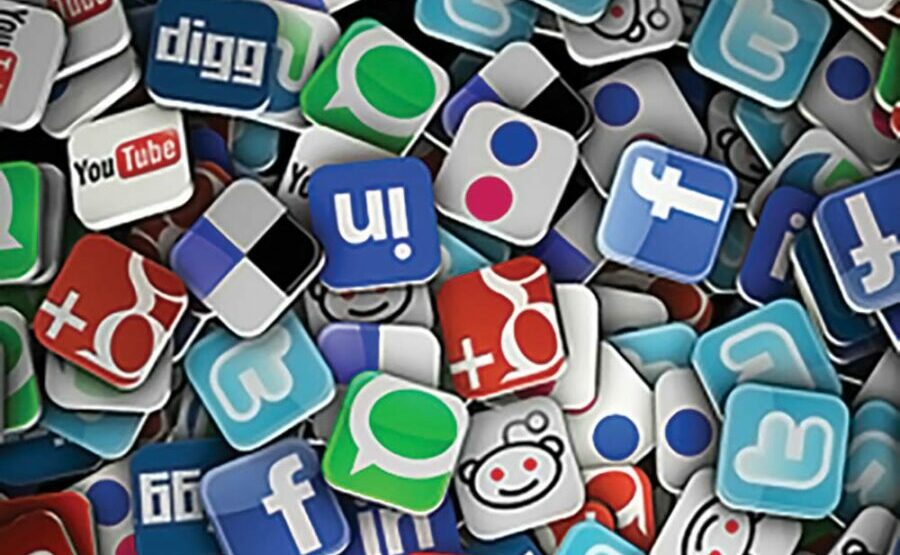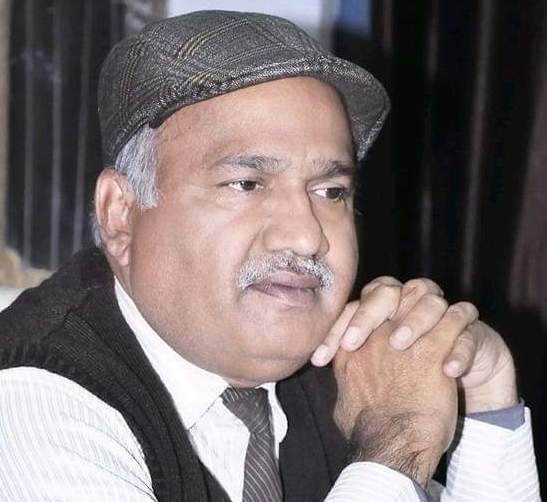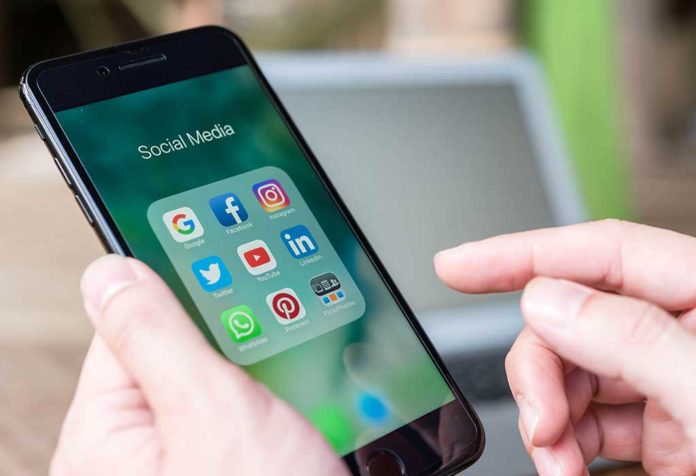by Vijay GarG
Social media may appear to foster connections, but it diminishes genuine social interaction by replacing face-to-face communication with virtual exchanges.

While social media enables virtual interactions, the notion that it makes us truly “social” is misleading; in reality, it fosters the opposite effect.
The surge of anti-social behaviour in this generation can be traced to the significant decline in in-person interactions. Gradually, digital communication has supplanted face-to-face conversations, as it seems far more convenient to send a quick text rather than call or arrange a personal meeting.
The issue with digital communication goes beyond merely reading words on a screen. A large portion of human interaction is communicated through non-verbal cues and body language – such as hand gestures, facial expressions, and posture. Without these, we miss out on the subtleties of what someone truly intends to convey.
When body language, tone, and non-verbal cues are absent, misunderstandings and conflicts become more frequent. Over time, we lose the ability to perceive these patterns and their value. By limiting our understanding to just a fraction of an interaction, social media renders us progressively less social.
Furthermore, the lack of authentic, comprehensive interactions through social media has led to a significant rise in loneliness. While one can technically engage with others at any time, virtual interactions fail to provide the emotional fulfilment that face-to-face connections offer. Research has shown that people who frequently use social media are twice as likely to feel socially isolated from their peers. Ironically, this isolation often drives individuals back to social media in an attempt to forge connections, as it avoids the challenges of in-person interaction. This creates a vicious cycle of loneliness.
Loneliness is not only mentally exhausting, leading to conditions such as anxiety and depression, but it also poses serious physical risks. These include heart disease, high blood pressure, and weakened immune systems. Consequently, the mental and physical toll of loneliness, exacerbated by social media, further distances us from one another.
Social media also fosters the illusion of meaningful connections through the accumulation of followers, likes, and comments, but these interactions are far from being genuine relationships. Many take pride in their large social media followings and the constant attention they receive. However, at the end of the day, most of these individuals lack the same level of support and encouragement in their personal lives.
Just because someone comments on every photo you post does not mean you have a true connection with them. Studies show that individuals who spend more time on social media tend to have fewer close relationships and experience lower levels of social support.

This is not to say that social media does not have its merits. It allows people from across the globe to connect, helping sustain long-distance friendships and relationships. Social media also serves as a platform to raise awareness on various causes, amplifying important voices. However, the erosion of real-world social skills remains a significant drawback.
In conclusion, while social media may seem to satisfy our need for interaction, the reality is far more complex. It has made us less social by reducing the necessity for face-to-face communication, honest conversations, and genuine connections. Although we cannot entirely change the nature of social media, we can acknowledge its shortcomings and strive to cultivate and preserve meaningful relationships beyond the digital realm.
(Vijay Garg, MSc, BEd has been a Punjab Education Service (PES) officer who retired as a Principal. He has authored several textbooks. He lives in Malout Punjab.)


